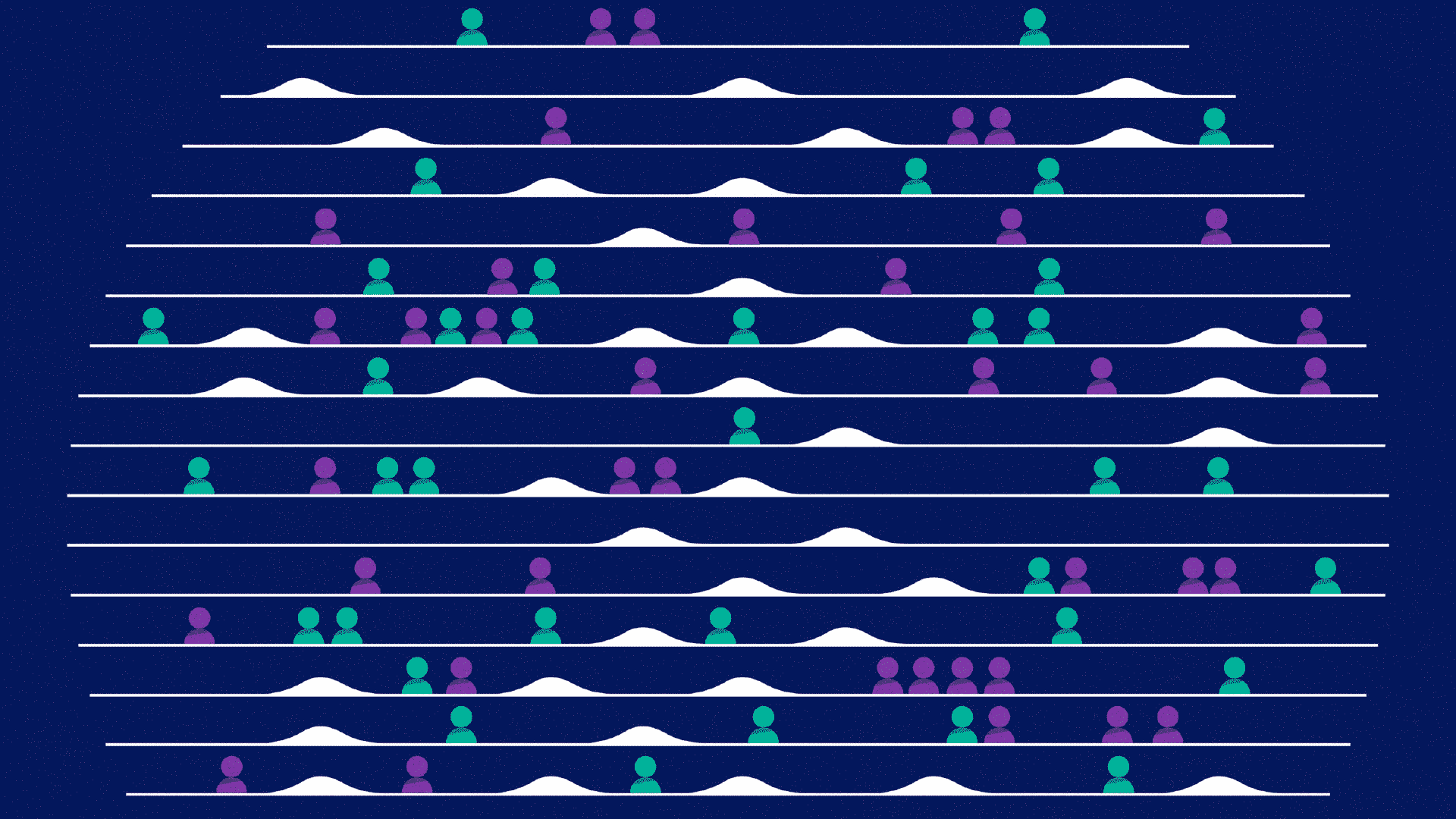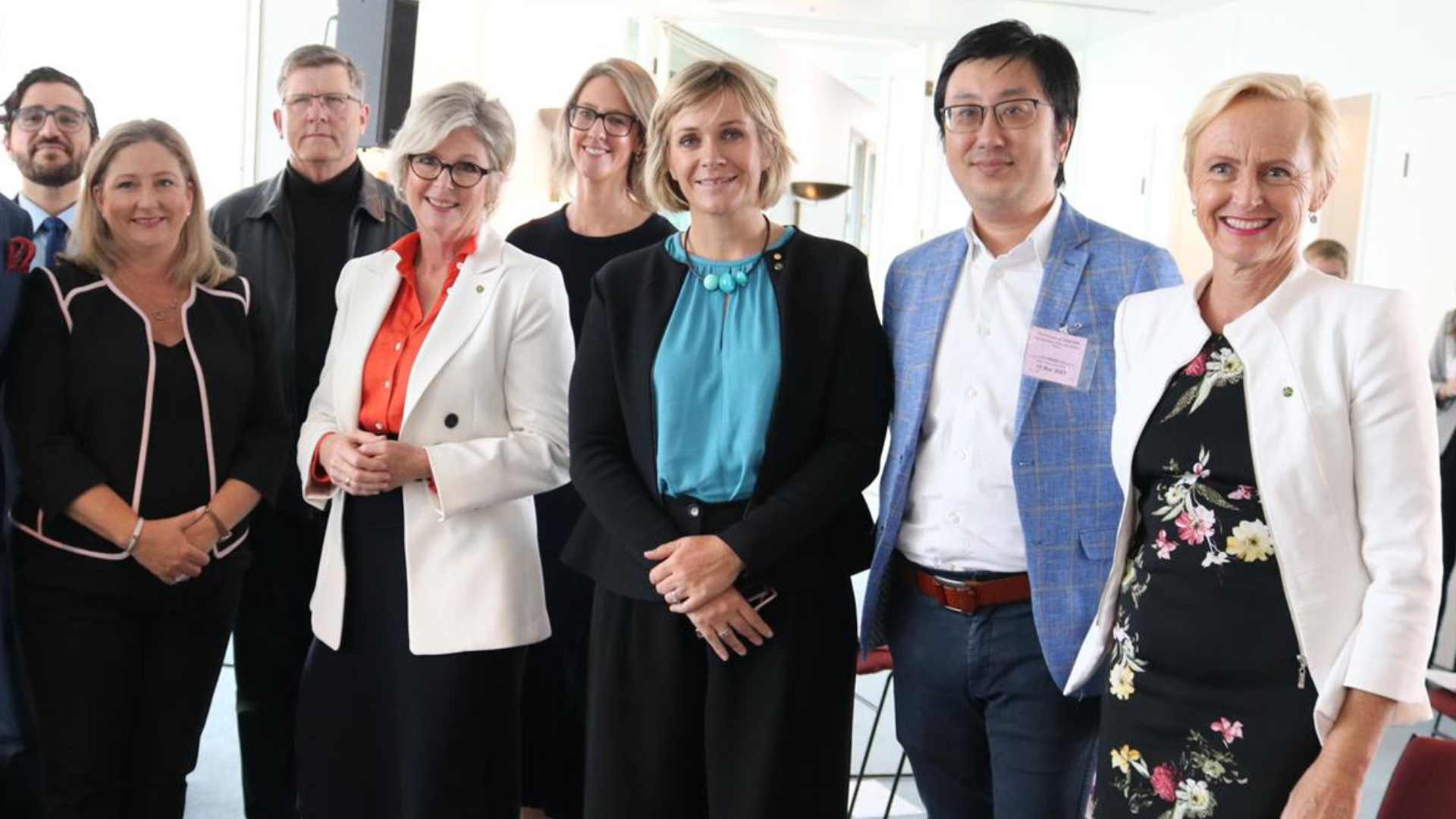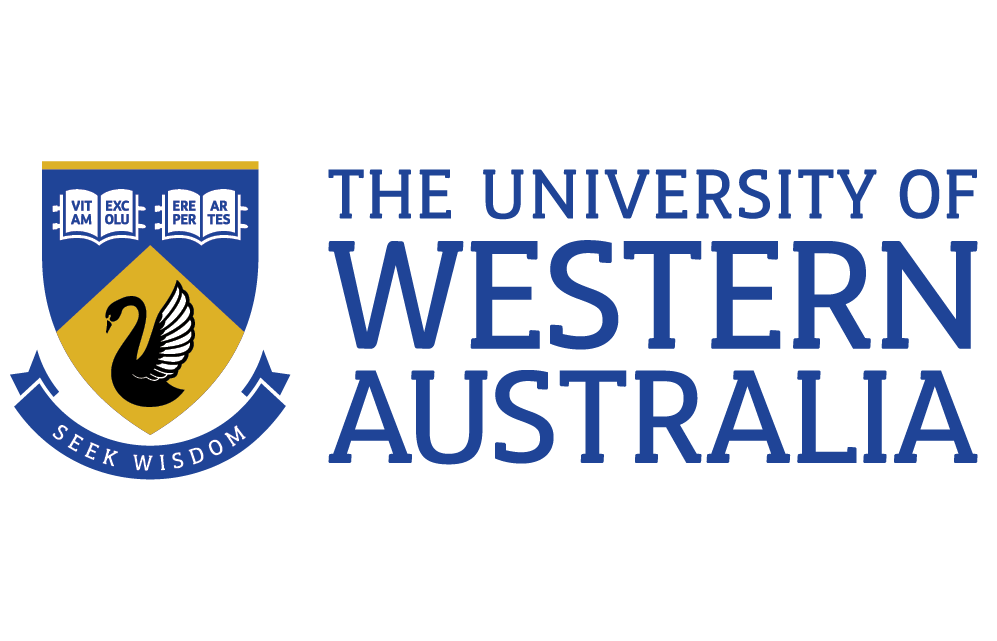World Economic Forum, 13 July 2022
The Global Gender Gap Index benchmarks the current state and evolution of gender parity across four key dimensions (Economic Participation and Opportunity, Educational Attainment, Health and Survival, and Political Empowerment). It is the longest-standing index which tracks progress towards closing these gaps over time since its inception in 2006.
In 2022 the Global Gender Gap Index benchmarks 146 countries, providing a basis for robust cross-country analysis. Of these, a subset of 102 countries have been represented in every edition of the index since 2006, further providing a large constant sample for time series analysis. The Global Gender Gap Index measures scores on a 0 to 100 scale and scores can be interpreted as the distance covered towards parity (i.e., the percentage of the gender gap that has been closed). The cross-country comparisons aim to support the identification of the most effective policies to close gender gaps.
Key findings include:
- Australia ranked 50th for Political Empowerment.
- At the current rates of progress, it will take 155 years to close the Political Empowerment gender gap, 151 years for the Economic Participation and Opportunity gender gap, and 22 years for the Educational Attainment gender gap. The time to close the Health and Survival gender gap remains undefined as its progress to parity has stalled.
- The Political Empowerment subindex registered significant advances towards parity between 2006 and 2016, fluctuating until 2021, after which it stalled below its 2019 peak.
- Gender gaps in political representation: More women in political leadership tends to create a powerful role model effect as well as decisions that represent broader parts of the population. Data from the Global Gender Gap Index shows the progression of women in leadership in public office. Of all female heads of state globally, the longest serving ones have presided over Germany for 16.1 years, Iceland for 16 years, Dominica for 14.9 years and Ireland for 14 years. The global average share of women in ministerial positions nearly doubled between 2006 and 2022, increasing from 9.9% to 16.1%. Similarly, the global average share of women in parliament rose from 14.9% to 22.9%.
Read the report







